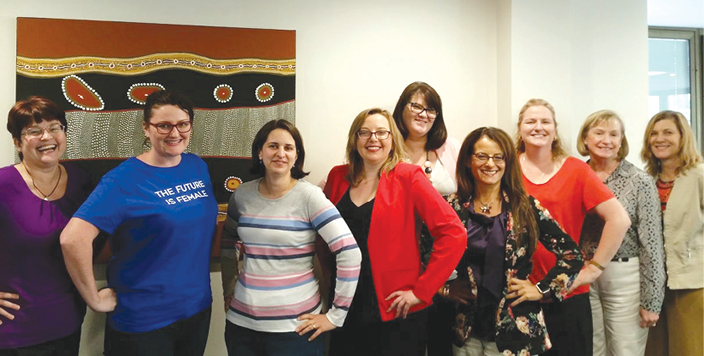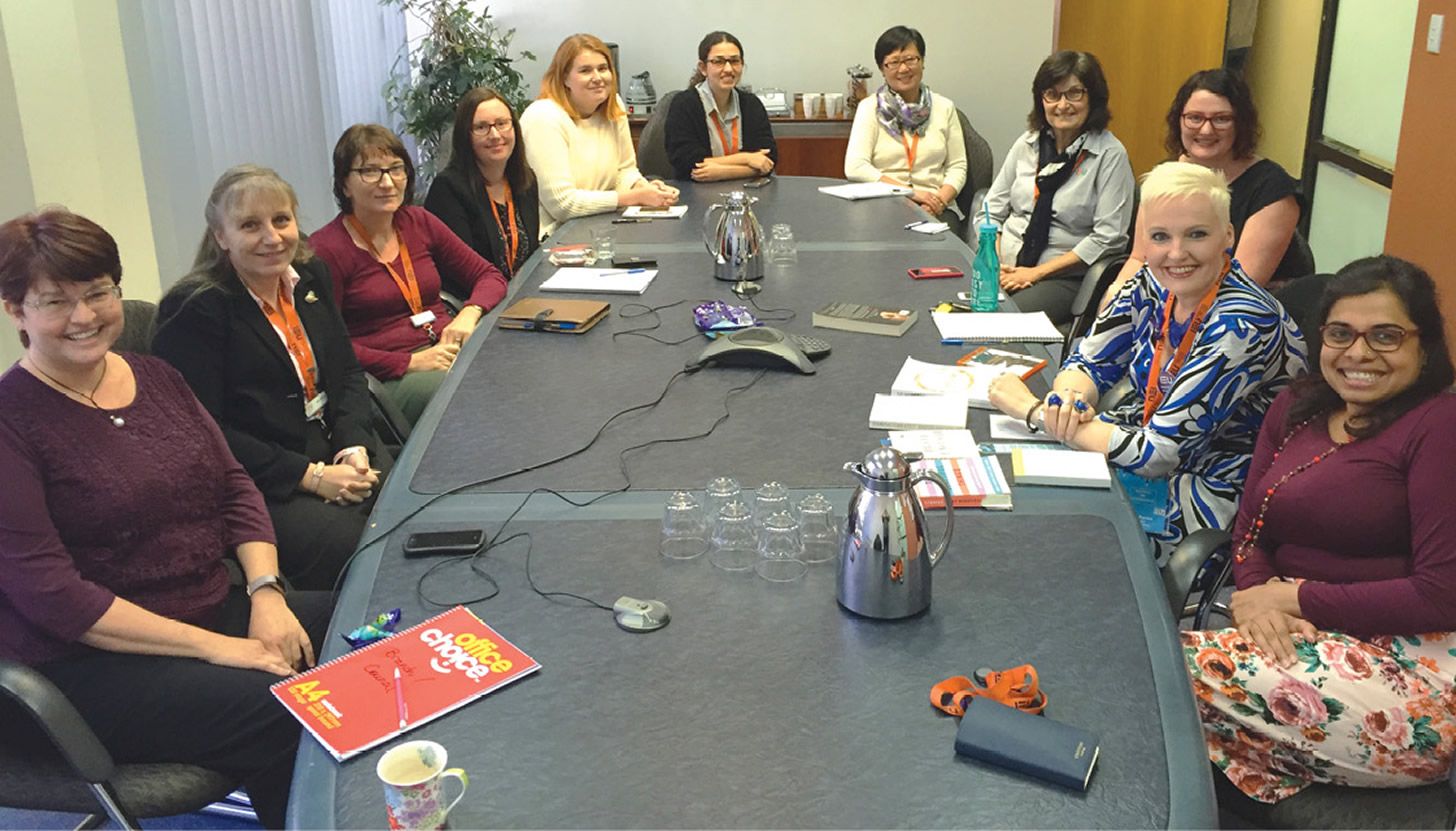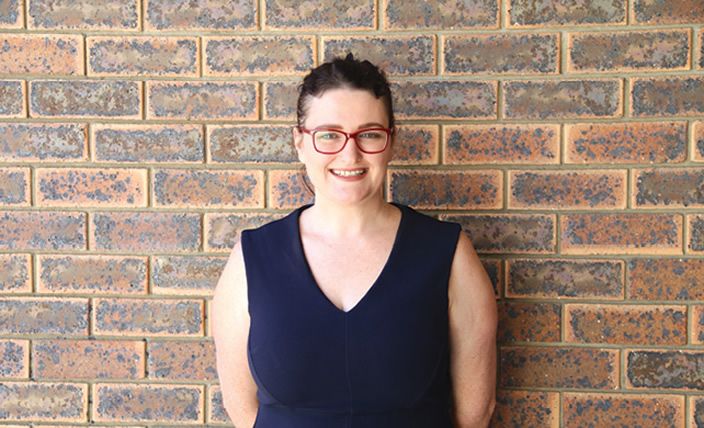Women in our profession
While women make up the majority of the profession, it is clear that formal and informal structures in place continue to prohibit women from being treated equitably.
Women are consistently denied the opportunity to job share when returning to work from parental leave, or told that having a child would impact on their career trajectory. Men are still told that they do not need to take leave to be with a new child, as that is the women’s responsibility, which leads to the entrenched belief that women need to be the primary caregiver for children.
Hours of duty in our schools are not designed to foster a flexible working environment and detract from the ability of teachers to effectively exercise their professional judgment. Our members are still reporting that they do not have access to paid family and domestic violence leave and that these crucial protections for families, at the worst time of their lives, “aren’t seen as a workplace issue”.
What can be done right now?
Women need to take this opportunity to stand together to campaign for equal treatment. We will not wait any longer.
It is crucial that women are working together in their union to put an end to these injustices. Through collective bargaining we should be negotiating for flexible working practices to ensure that women can come back from leave to a working environment that allows them both the opportunity to settle into being a parent and to retain their connection to the profession.
Claims for 10 days paid family and domestic violence leave are also necessary to ensure staff are awarded the opportunity to rebuild their lives after such horrible circumstances arise. Unpaid leave is simply not adequate.
We also need to question why there aren’t more women in leadership positions, and work with employers to help to change this. Most importantly we need to support our colleagues when they ask for flexible working arrangements or for their partner to be the primary caregiver. We need to stand together and work as a collective if we wish to be able to change the systematic issues that have faced women for decades.
Promoting discussions in the workplace
It is important not to shy away from discussing these issues. Sometimes equity issues make your colleagues or your employers uncomfortable as they may require a large shift in the way people have been thinking for such a long time. This does not mean that the discussions are not worthy or important.
We will not be able to make change unless we are able to speak about change, so it is important that you speak with your union about the best ways to discuss creating change at your school.
Finding our voice and channelling it is the way we can address these issues.
There are many resources available to help foster conversations with your colleagues about these matters, such as the Women’s Rights at Work (WRAW) chat, created by the Victorian Trades Hall. This is a way to help your colleagues to move into a space where they are able to think about matters of equity. Find out more about holding a WRAW chat at www.unionwomen.org.au/wraw_chat
It is also crucial to be involved with your union as women’s issues are union issues: as a collective we have the ability to make change happen.
Come along to meetings, be involved at your school or attend a rally.
Now is the time to make your voice heard. Standing together is how we make a difference and the time to make a difference for women’s rights is right now.
Caryl Davies is the IEUA-QNT Gold Coast Branch Organiser and an avid supporter of women claiming their space as professionals in the workplace.
References
http://www.abs.gov.au/ausstats/abs@.nsf/Latestproducts/4221.0Main%20Features152016?opendocument&tabname=Summary&prodno=4221.0&issue=2016&num=&view
https://www.actu.org.au/actu-media/media-releases/2017/australia-is-a-nation-of-working-carers-new-study-finds





































































































































